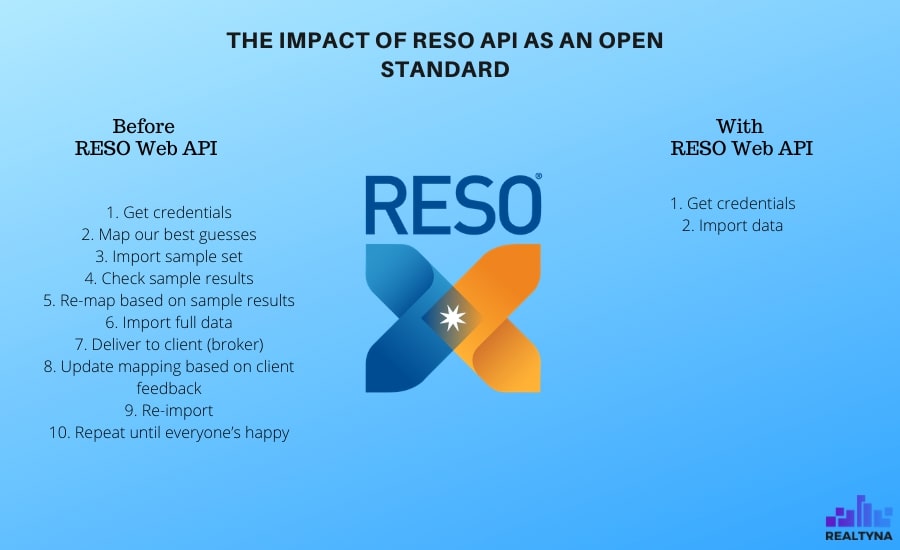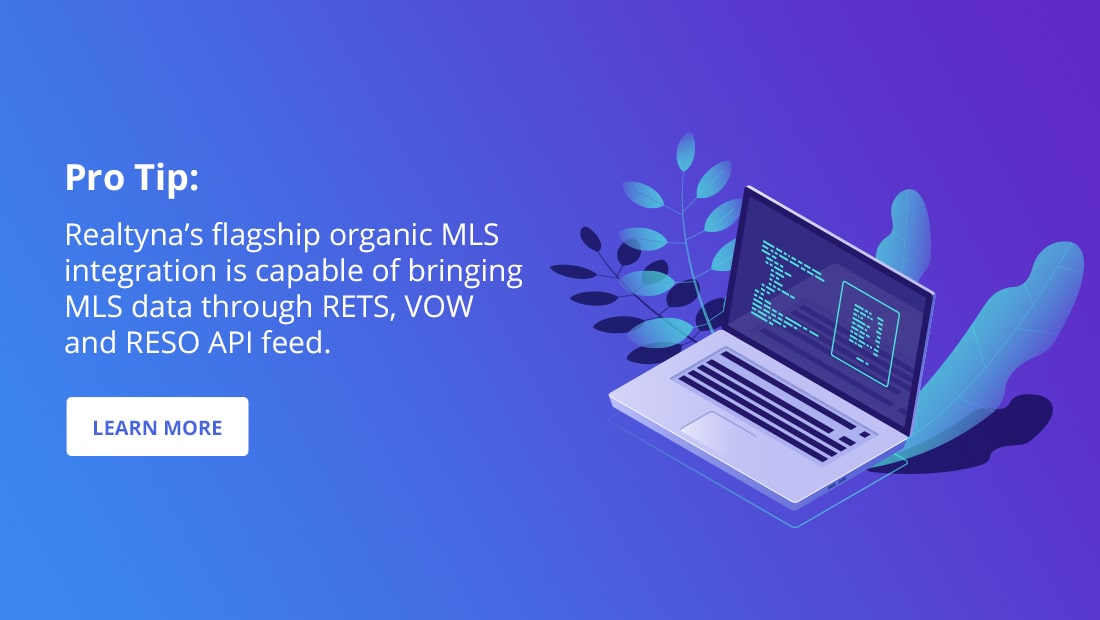
What are Open Standards in Real Estate Technology
Open Standards are used and interpreted differently in different industries. The definition everyone seems to agree on though is this:
“An open standard is a standard that is publicly available and has various rights to use associated with it, and may also have various properties of how it was designed (e.g. open process)”
Wikipedia.org
So, open standards are basically standards defined by different entities that are available for use by the public.
The real estate industry offers a wide range of standards. The National Association of Realtors and RESO are at the top of the list for real estate standard organizations in the US and Canada. With that in mind, let’s check out what open standards we currently have in the property business and how we, as realtors, can benefit from them:
Open Standards in Real Estate Technology
According to RESO, open standards in real estate are like clicking a button and having all your MLS data populated on your different applications and devices.
Open standards must be vendor neutral and shouldn’t give advantages to one company over others. Since they are open, their documentation must be publicly available.
Now that we are familiar with the definition of open standards and their implications for the real estate business, let’s look at an example.
Given the nature of MLS data and the fact that it is difficult for third party developers to integrate data for all agents, RESO has offered its Web API. Using this Web API, data integration can be done with ease. This API is probably the most obvious example of an open standard.
The following illustration shows how an open standard like RESO Web API improves real estate business:

RESO’s UPI is another example of a real estate standard that has expanded to a global level. This reference ID is set to be a worldwide project.
How Can I benefit from Open Standards?
Open standards are vital for the well being of real estate technology. Here are a few reasons why:
- Attract and provide for innovation
- Consistency in real estate services
- Fair access for all realtors and clients
- Vendor neutrality
Proprietary standards have been common in the real estate industry, and this makes it difficult for open standards to become mainstream. It may also cost a lot to develop and obtain such standards. However, given the benefits they bring for the business, they are good value for the money.
What Lies Ahead for Open Standards in the Real Estate Business
RESO’s ultimate goal is to promote open standards to areas beyond technology. Growing trends like UPI are paving the way for globalization of standards. In addition, open data standards such as HPMXL are focusing on energy efficiency, using people from different facets of the industry to make contributions in order to offer the best solution.
Realtyna is an authorized vendor of RESO products. Please check out products page for more information.
To learn more about RESO’s top examples of real estate open standards, please check out the following:
RESO’s Universal Property Identifier



Sorry, the comment form is closed at this time.